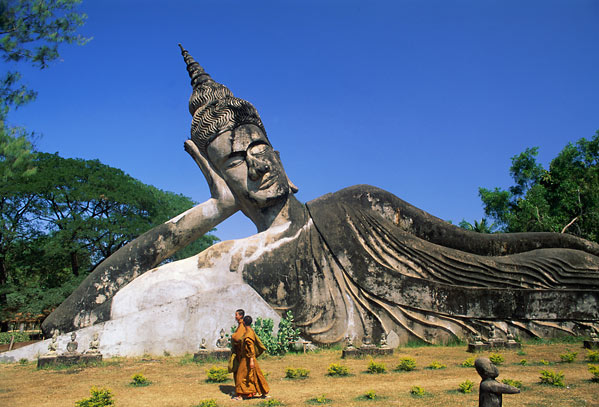We Too Are Children

This blog written by Ariel S. Winter catalogs children’s literature by adult authors of the 21st century which are apparently currently out of print. My faves: The Cat and the Devil by James Joyce, which is actually back in print now, all of these by Langston Hughes, and Andy Warhol’s Card Games Are Fun.
The name Ariel S. Winter reminds me of Jonathan Winters. Where do people get these names anyway? Jack Pendarvis blogged about him today. Jack Pendarvis is an adult author who really should write some children’s fiction. I think people who made up fairy tales like those of the Brothers Grimm probably had a mind very much like that of Mr. Pendarvis.
On my breaks from subbing a class of fourth graders at an international school, I read a lot of Howard Zinn’s A Young People’s History of the United States. In his introduction Zinn defends the adaptation of his book from critics who I’m sure did denounce the book for presenting children with an alternate view of the American history they are still in the process of learning. I don’t remember exactly what he said exactly, but it was pretty much along the lines of: Most people treat children like children even though they understand everything that’s going on just as well as anyone. My feeling on this is that most people who treat children like children and think they can’t handle the Truth! haven’t been around children very much. READ MORE >
R.I.P. Howard Zinn
Gawker is reporting, via Boston.com, that Howard Zinn has died of a heart attack. He was 87. From the Boston.com piece-
For Dr. Zinn, activism was a natural extension of the revisionist brand of history he taught. Dr. Zinn’s best-known book, “A People’s History of the United States” (1980), had for its heroes not the Founding Fathers — many of them slaveholders and deeply attached to the status quo, as Dr. Zinn was quick to point out — but rather the farmers of Shays’ Rebellion and the union organizers of the 1930s.As he wrote in his autobiography, “You Can’t Be Neutral on a Moving Train” (1994), “From the start, my teaching was infused with my own history. I would try to be fair to other points of view, but I wanted more than ‘objectivity’; I wanted students to leave my classes not just better informed, but more prepared to relinquish the safety of silence, more prepared to speak up, to act against injustice wherever they saw it. This, of course, was a recipe for trouble.”

